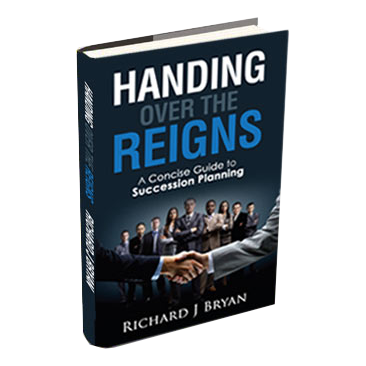We’ve all heard the adage “in life, the only constant is change,” and I don’t think any of us really disagree. So why is it so hard to remember that this wisdom applies to our professional lives, too? As a leadership keynote speaker, there’s one phrase I hear more often than any other: “We’re just waiting for the right time to make these changes.”
That’s why I’m going to start this post with a pretty bold statement: if there truly was a “right time” for any kind of change, whether personal or professional, I probably wouldn’t have a career on the leadership keynote speaker circuit—or maybe even any kind of career at all. Continue reading for my thoughts on the so-called status quo along with three reasons it doesn’t matter.
1. Anything Can Change at Any Time
This isn’t exactly news, is it? We’ve all had unexpected events change our lives forever, in ways that are wonderful and perhaps not so. We know things can always change, and yet we’re always surprised when they do! It’s human nature. So perhaps this is a better way to think about this idea: the permanence of your “established” ways is an absolute illusion.
When Facebook first snuck into our lives in the early oughts having an “online presence,” whether for work or play, was a novel idea—most of us were still teaching our parents how to buy something using their desktop computers! Today, there are nonagenarian fashion icons with more than a million Instagram followers; that’s one million people who will buy something, probably using their smartphone, simply because this 97-year-old “Influencer” uses it.
To recap: over the course of about 10 years, social media was born, secured a permanent place in our lives—and then transformed itself into the largest online marketing platform in the world. Whatever change you’re considering for your business, from dramatic org chart changes to rudimentary virtual office policies or a new rewards structure, there’s really no reason to wait.
2. Inertia Is More Harmful Than Upheaval
Let’s consider that same decade from another angle. During this relatively short period of time, I executed the turnaround of my family’s failing 100-year-old business; successfully transitioned that business from car sales to commercial real estate; moved from living and working in the UK to a home in the US with a virtual office and an executive assistant across the pond; and built a thriving secondary career as an author and leadership keynote speaker. With the exception of my family, literally everything about my life and work is different.
Now, this is perhaps a bit more change than the average business might experience in 10 years—and it’s not as if the decisions that got me here were easy ones. When I look back at the choices I’ve made, any one of them might have changed the entire outcome. But that’s exactly my point: any number of changes beyond my control, from natural disasters to that day in the not-too-distant future when cars finally do fly, might also have had the same effect. In a constantly changing world, the only thing we can perfect is our ability to adapt.
3. Be a Catalyst for the Change YOU Want
Around the time Mark Zuckerberg was starting Facebook, I started getting serious about change. I figured, if it’s happening around me all the time, I should do everything in my power to push things in the direction I wanted them to go. I used a method called “Future Basing,” created by London-based consultant Bill Phillips; essentially, he asks you to look forward to your success five years from now, and work backwards to create a roadmap.
Here are some of the items on that original list, and—spoiler alert—if you’ve read this far, you already know the outcome:
- Sell the car business
- Buy a house in the US
- Write a book (or books)
- Start a real estate company
- Get paid to speak in public
Remember, every single one of these items was just a dream in 2005. This goes to show you just how powerful the subconscious mind is—it finds opportunities to align with the goals you’ve set, as if they’ve already been achieved. In the face of constant change, it’s incredibly validating to know that much of the change is your own desire…and your own design.
Here’s to Your Business Success!
Richard J. Bryan
Need a deeper dive on this complex subject? Schedule a succession planning speaker keynote presentation by calling 877-316-3110. For more tips on how to create a succession plan, simply sign up for our mailing list.
Related Topics:
5 Tips to Fight Busy-ness in your Business
How Disagreement Can Help Your Team Thrive
5 Leadership Resolutions for 2019 + How to Make them a Reality


